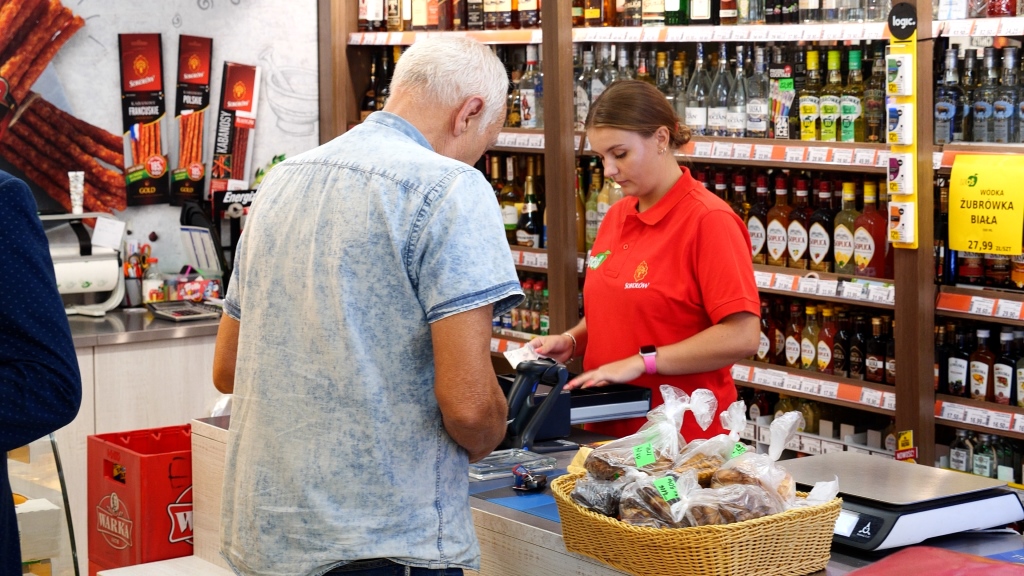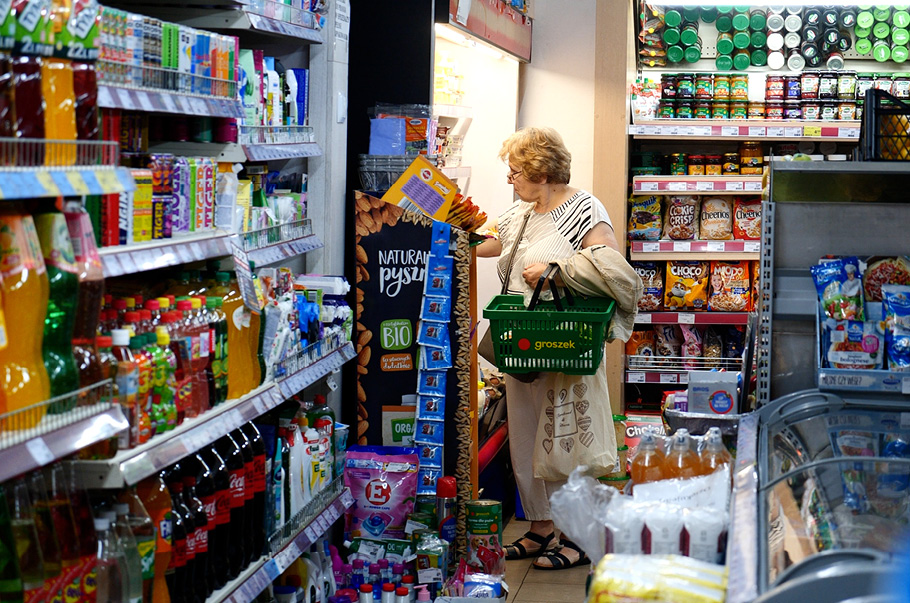The grocery basket in 2023
According to NielsenIQ, the beginning of 2023 marked a clear stagnation for the largest food categories in the FMCG basket. However, the alcohol categories have seen a decline in volume, particularly evident in the beer category - down 4% in volume over the last cumulative 12 months (MAT June 2023) and vodka - down 6% in terms of volume.
On the other hand, some categories have seen significant volume increases. In food categories, these include plant-based milks (+16%). This is an example of a category where health-promoting values and product characteristics are more important to consumers than price. And a plant-based diet is one of the main food trends in 2023. Vitamins (+11%) and sugar substitutes (+9%) were an equally strong growing product group, which may be related to the intensification of health-promoting trends and consumers’ growing concerns about their health. The snacks category, particularly muesli bars (+25%), also saw sales growth.
Trends of the year
The entire food market in 2023 has developed according to trends, the most influential of which is sustainability in the broadest sense. The use of recycled ingredients, environmentally friendly production and green solutions have given direction to many producers. “Among the most important trends, we see a search for products that are as healthy, local and organic as possible. At the same time, it is not only the composition of the product itself that matters to increasingly conscious consumers. It is just as important to know where the raw materials for a product come from, whether it is produced sustainably, and environmental issues are becoming increasingly important” - notes Maciej Pawłowicz, Sales and Development Director at the ASM Group.
In addition to caring for the health of the planet, taking care of one’s own health is high on consumers’ agendas. In response to this need, producers are focusing on high-quality products, premium product lines as well as the development of plant-based foods.
In the alcohol category, 2023 was marked by the development of low-alcohol and non-alcoholic offers, which appealed to the tastes of many Poles.
Savings have strengthened private labels
High inflation and consequently higher product prices have prompted consumers to shop at discounters, actively follow promotions and choose private labels. “The GFK Polonia survey shows that 65% of respondents look for products on promotion and special offers. 59% browse advertising newspapers and leaflets for this purpose, up from 55% in March 2022. As many as a third of consumers buy cheaper equivalents, which is also seen in the increasing role of private labels in sales. Some of these types of products already reach a 30-40% share in their category, which has recently become a topic of discussion and consideration regarding restrictions on their sale” - says Maciej Pawłowicz of the ASM Group.

What did 2023 mean for manufacturers?
“The year 2023 will be remembered as one marked by high inflation and a battle for customers’ attention requiring increasing flexibility from manufacturers and retail chains. The winners were those who carefully observed trends, analysed the situation and were able to quickly modify their strategies and conduct” – explains Maciej Pawlowicz.
So many challenges in the market were, in a way, a test for many producers and required an appropriate response. “Inflation has been the main topic of conversation among industry experts as well as production and trade managers in the past year. The challenges they faced required a lot of flexibility and a range of innovations to keep them ahead of the competition rather than maintaining the status quo. Companies had to find new ways to minimise production or operating costs. The market is also still grappling with the effects of the COVID-19 pandemic” – ASM’s expert mentions.
FMCG companies have also had to revise their supply chain planning. “This involved finding new suppliers and optimising logistics strategies to ensure continuity of supply. Increasing digitalisation has forced companies to invest in the latest technology and develop e-commerce channels. Artificial intelligence and access to analytics based on big data have made it possible to better understand the needs of consumers and adapt the offer to their needs. It has also not been without adapting the way companies operate to the conditions, i.e. downsizing - reducing costs, personnel, optimising deliveries or changes in production and management” – says Maciej Pawłowicz.
In summary, 2023 in the FMCG industry was a year of adaptation and innovation. “Companies that were flexible and successfully adapted to changing conditions and consumer expectations were able to not only survive but thrive in these challenging times. However, the mood is not optimistic, shoppers have remained very restrained, consumers are increasingly choosing only basic products and are more likely to pay attention to price” concludes Maciej Pawłowicz.
Monika Książek,
Editor












